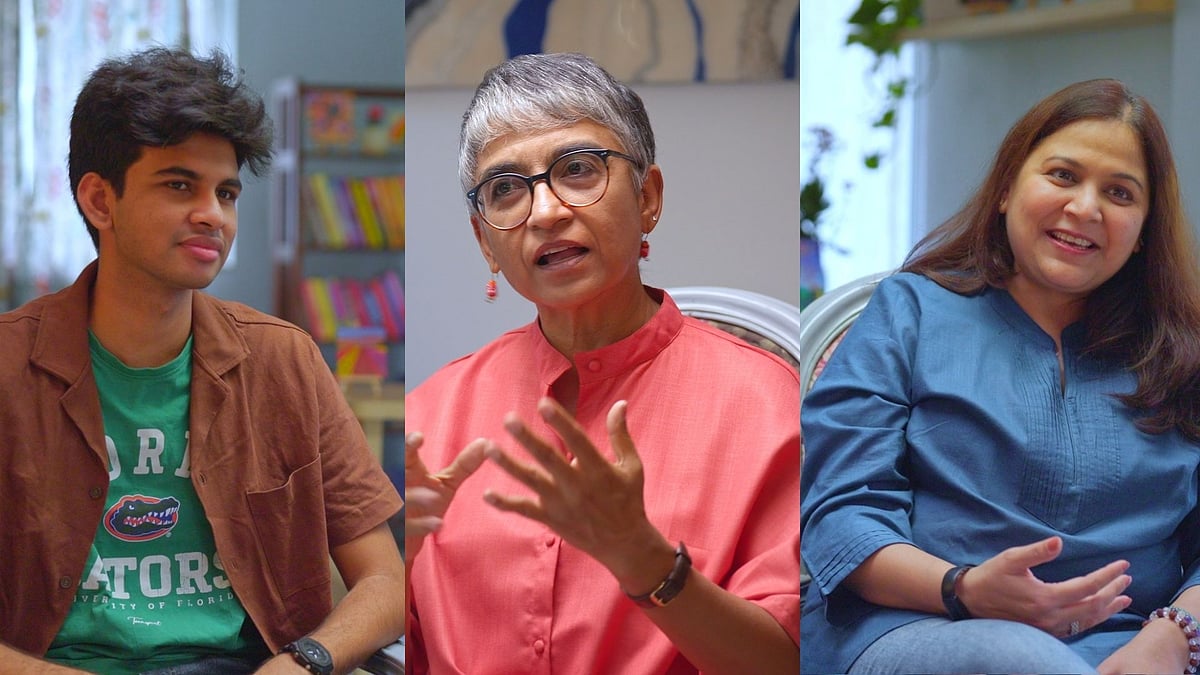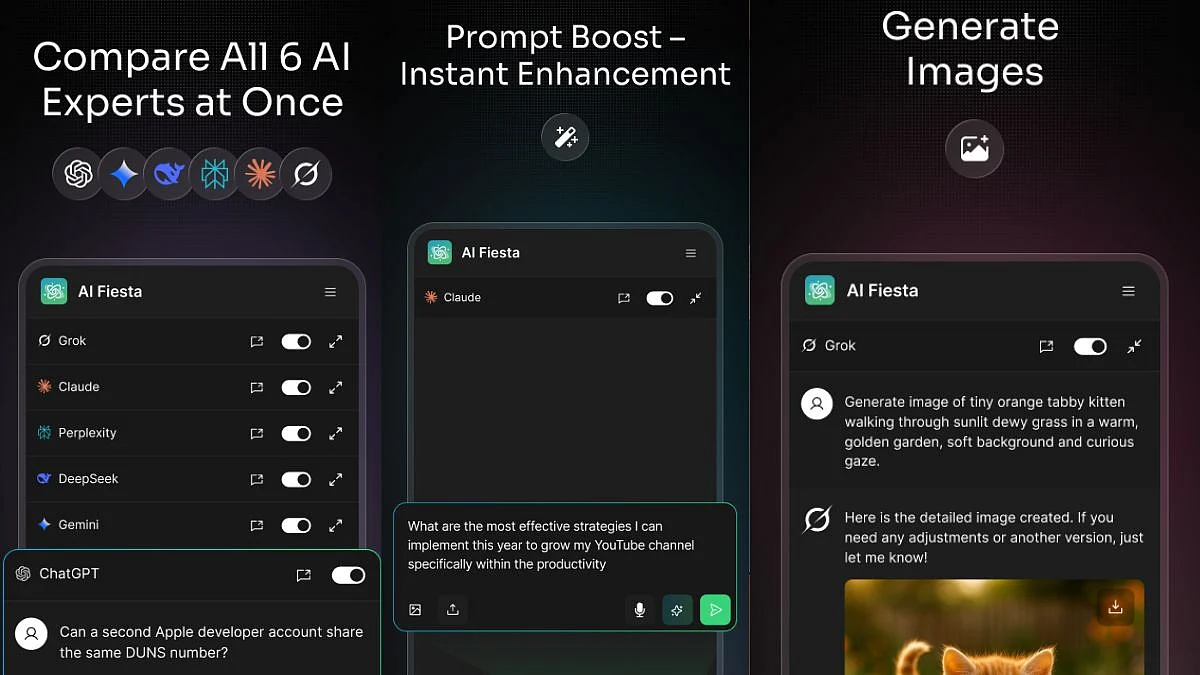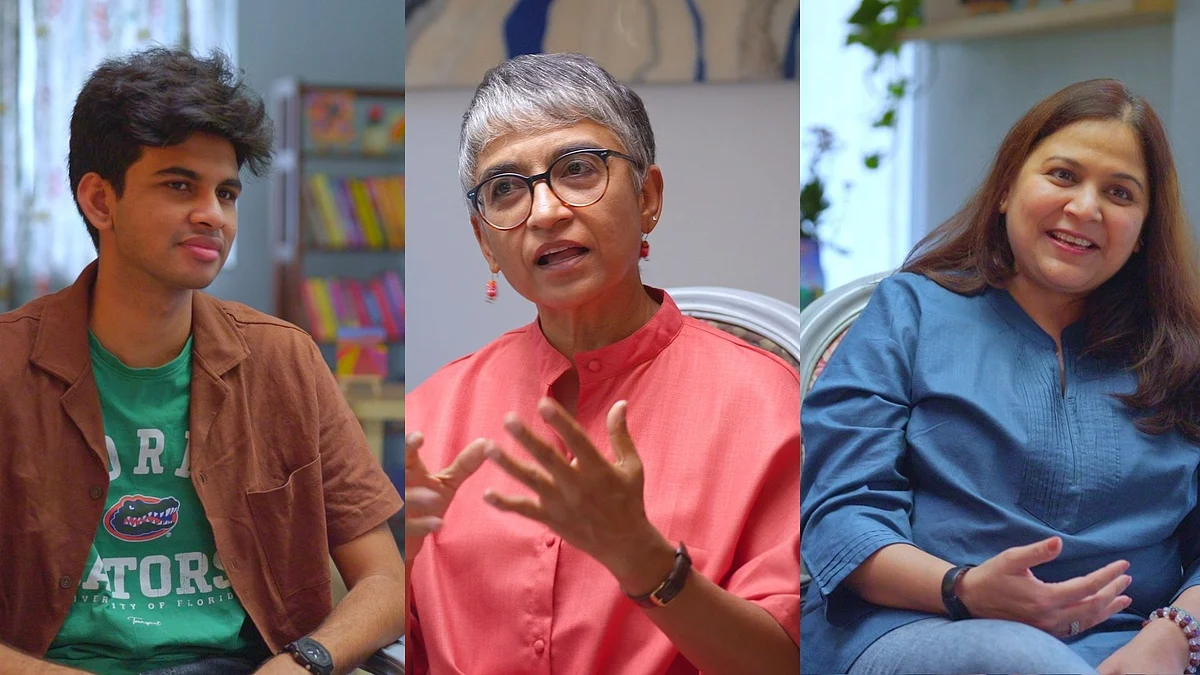In its powerful and final episode, Parenting Aaj Kal turns the spotlight on one of the most pressing and often silenced issues in Indian households, raising children with disabilities. Hosted by developmental pediatrician Dr. Vibha Krishnamurthy, the episode brings together Nidhi Singhal, Director of Research & Training at Action for Autism, and Ved Gangoly, a 21-year-old autistic self-advocate and youth worker.
Together, they navigate questions many parents whisper in private: How do we tell our child about their diagnosis? How do we advocate for them in school and at work? And most importantly, what does “normal” even mean?

Why this episode matters now?
Statistics say one in six children live with some form of disability. While a wheelchair or hearing aid is visible, conditions such as autism, ADHD, or learning disabilities are invisible, often leading to misunderstanding, stigma, or isolation. Families frequently encounter limiting narratives-“Your child can’t…”, while shame keeps many from asking for help.
This episode challenges that script. It reframes disability not as a problem to be fixed but as part of human diversity. Children thrive, the speakers emphasise, when parents focus on acceptance, self-understanding, and open communication rather than chasing society’s narrow idea of “normal.”

Dr. Vibha Krishnamurthy |
The voices at the table
At the heart of the conversation is Dr. Vibha Krishnamurthy, whose three decades of work with children and families shape her empathetic yet practical approach. She is also the founder of Ummeed Child Development Center, one of India’s leading non-profits for child development services.

Ved Gangoly (Left) & Nidhi Singhal (Right) |
Alongside her is Nidhi Singhal, a psychologist and educator who has spent years working with families at Action for Autism. She brings a research-driven yet compassionate lens to the discussion, urging parents to see disability through the prism of dignity and respect.
Completing the trio is Ved Gangoly, a young autistic self-advocate who speaks from lived experience. Having worked with Goodfellows and preparing to pursue an MSW, Ved offers an insider’s perspective on what children actually need from their families. His “3 A’s”, Accept, Acknowledge, Appreciate, become one of the episode’s most memorable takeaways.
Rethinking 'Normal'
One of the central themes the episode unpacks is society’s obsession with normalcy. “Disability is as normal as normal is normal,” reminds Nidhi. The goal as the speakers argue, should not be to mold children into a socially defined “average” but to help them understand themselves and advocate for their needs.
For many children, this starts with disclosure. Dr. Vibha highlights that avoiding conversations about diagnosis only fuels shame and confusion. “There is nothing wrong with having autism,” she stresses. Giving children language to describe their differences helps them feel less “less-than” and more in control of their lives.

From stigma to self-advocacy
The episode also addresses practical realities, how to talk to children about their diagnosis, how to work with schools, and how to respond when others judge in public. Rather than offering prescriptive checklists, the conversation offers relatable scripts and strategies.
For instance, when speaking to a child, parents are advised to keep language simple, avoid medical jargon, and use daily experiences to explain challenges. “There’s a word for how your brain works, autism. It’s not a disease. It helps us understand what makes things easy or hard,” is one way the panel suggests starting.
Ved’s insights bridge research and lived reality. His reminder to parents to celebrate small victories, “Say, I’m proud of you”, may sound simple, but it carries transformative weight for a child navigating constant challenges.
Building inclusive communities
Another key thread running through the episode is the need for collective responsibility. Advocacy, the panelists note, is a team effort that involves parents, teachers, counselors, and eventually employers. Clear routines at school or work, like structured breaks or quieter seating, can make a world of difference. And when a child shows behaviors like meltdowns or repetition, parents are urged to see these not as defiance but as communication.
The conversation insists that shifting narratives at home is equally important. The way parents speak about their children signals to others how they should be treated. Respect and capability must be modeled from within the family. “Stop complaining and start listening,” as Nidhi puts it, sums up the shift needed in schools and communities alike.

A fitting finale
Episode 6 serves as a full-circle moment for Parenting Aaj Kal, which has steadily built a reputation for blending expert advice with lived experiences. As a Hindi series designed for Indian parents, it has consistently foregrounded compassion and culturally grounded guidance on issues ranging from mental health to school pressures.
For Much Much Media, the production company behind the series, this episode carries deep personal resonance. Its co-founders, Aditi Gangrade and Aalap Deboor, are both late-diagnosed autistic individuals. Their mission has always been to tell stories that shift perceptions and build spaces where no neurodivergent child or parent feels alone. “As an Autistic ADHD woman, I grew up in spaces that misunderstood me. As a filmmaker, I build spaces where no neurodivergent child or parent has to stand alone,” says Aditi, who also directed and co-produced the series.
As Ved Gangoly reminds us, every child deserves the three A’s: “Accept, Acknowledge, Appreciate.” For parents reading, it’s a reminder that the goal isn’t perfection or normalcy. It’s dignity, voice, and the freedom for every child to simply be themselves.








.jpg)
